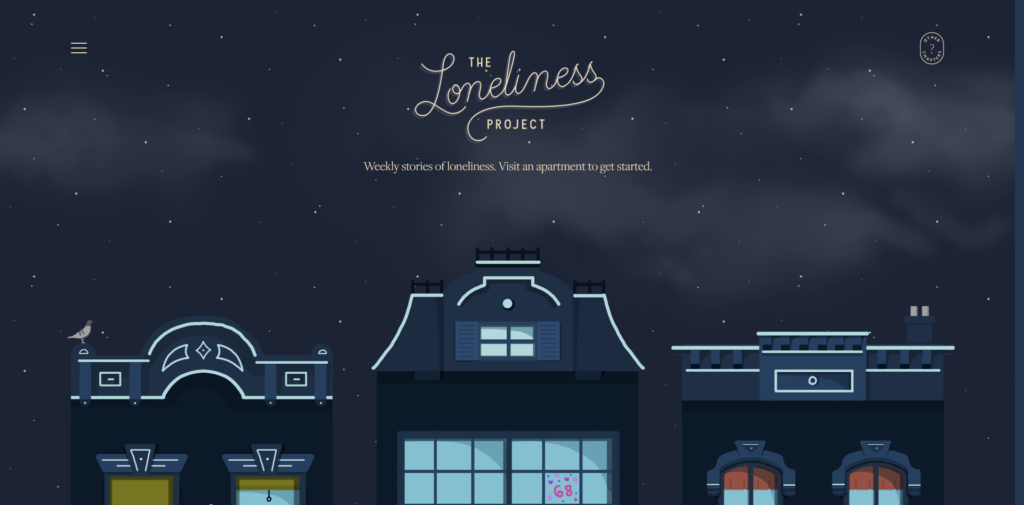
I just finished reading a good article over at The Globe and Mail. It was on loneliness.
Loneliness “is a feeling of sadness or distress about being by yourself or feeling disconnected from the world around you. It may be felt more over a long period of time. It is also possible to feel lonely, even when surrounded by people.”
Loneliness is different from social isolation, because some people can be perfectly happy living alone and not feel lonely. Loneliness is a subjective feeling within the individual of distress and disconnection.
Loneliness is common, and we are all likely to experience it at some point in our lives because of the impact of certain life challenges: e.g. losing a loved one, relocation, physical and mental health problems, language and cultural barriers
However, when it is experienced over an extended period of time, loneliness can be both psychologically and physically damaging; thought to be the result of both heightened levels of stress and changes to the immune system.
What I found interesting about the article was the suggestion (by the experts interviewed) that common-sense interventions like getting lonely people together, or teaching lonely people social skills (on the assumption they lack them) can actually do more damage.
What was proposed instead was giving lonely people projects that actively engage them in re-thinking their loneliness. This might include cognitive behavioural therapy (CBT) which encourages individuals to become aware of, and modify loneliness beliefs (e.g. “I will always be lonely” or “I am lonely because I am a bad person”), pro-social projects (e.g. community service) or expressive/ sharing interventions.
One such expressive/ sharing intervention is The Loneliness Project.
The Loneliness Project is a place where you can read stories of loneliness submitted anonymously by others. You can also submit your own.
At first glance this sounds terribly depressing, reading about how lonely other people feel. However there is something strangely affirming reading the stories of others, and acknowledging similar experiences of your own. As I read the stories, I found myself thinking about what I would say to the person if I could. Inherent in what I would say, are ideas that I could use to address my own loneliness.
Contributing your own story is also a powerful opportunity to reflect on the specifics of why you are feeling lonely, and maybe explore ways of addressing it. It is also pleasant to think that sharing your story might help another person.
If loneliness is something you are struggling with, remember:
- Health, Counselling and Disability Services @ Flinders are here to help
- Check out the resources at Lifeline – https://www.lifeline.org.au/get-help/topics/loneliness-isolation
- Check out the ideas at Reachout – https://au.reachout.com/articles/how-can-i-stop-feeling-lonely


